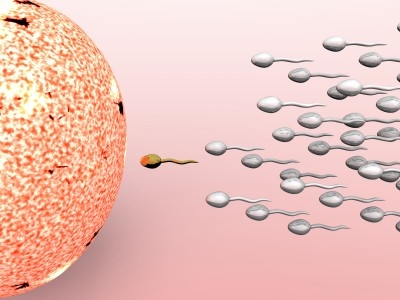
Infertility is known to be on the increase worldwide. What is not known however, is the precise cause.
But this is perhaps unsurprising since there are many causes – genetic, environmental, and personal or physical health.
Diagnosing infertility is not always straightforward, which is perhaps not always realised. Around 20% of couples are unable to conceive despite being told everything is alright.
The question is: what should couples do if they are unable to conceive?
One US infertility specialist, Dr. David Simkes, believes that couples should go through a kind of checklist before seeking help.
Dr. Simkes feels that couples rush into wanting fertility treatment. He suggests that they should try to conceive naturally for 12 months (6 – 12 months for women over 35) before going to see an infertility specialist.If by this point they have not conceived, both men and women will undergo a series of tests which should determine whether there are problems with conceiving.
Dr. Simkes thinks that often the unexplained reason for infertility could be the quality of the man’s sperm. For women, there could physical problems. To investigate this, a dye could be injected to determine if the fallopian tubes are open.
Other tests could include examining the woman’s pelvis. In this case a laparoscopy would be carried out to look for signs of Endometriosis or scarring. The former is found in around 15% to 20% of women. Pelvic scarring could be preventing the egg travelling down the fallopian tube to be fertilised.
If all the tests come back showing no problems, then the couple would be classed as possessing an unexplained infertility cause. In this case, both parties would be advised to look into what other tests would be available. However, this is where treatment can become costly.
IVF is the usual reported route, but it may not always be the right route. For instance, it may be the case that while all the tests prove the woman should be able to conceive, it is possible that she has an insufficient supply of eggs. In this case, the couple would be offered a procedure called Insemination Therapy. Around 30% of couples with unexplained infertility are able to conceive through this technique.
In many cases, all is not lost. With fertility techniques and knowledge improving all the time, many more couples in this situation will be able to seek help.